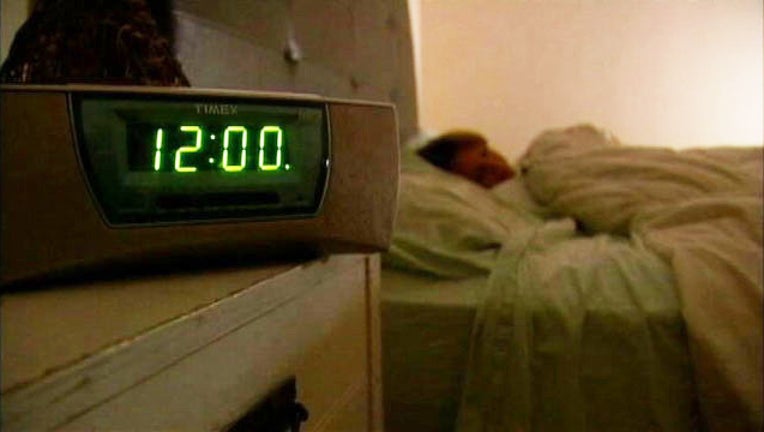Set your clocks back: this weekend is Daylight Saving Time

(WJBK) - This is the weekend we set our clocks back for Daylight Saving Time.
Daylight Saving Time was first adapted in March of 1918. Now, though, 100 years later, people seem to regard it as more of a nuisance than a benefit. We gain an hour of sunlight in the morning and gain an hour of sleep Saturday night but darkness falls much earlier in the evenings now.
Many lawmakers in states all over the country have attempted to eliminate Daylight Saving Time. Hawaii and Arizona, for example, do not observe Daylight Savings, with the exception of the Navajo Nation in Arizona.
Is it time to end Daylight Saving Time? Rep. Peter Lucido has tried unsuccesfully to do so for the past few years in Lansing.
Time zones in the United States developed in the mid-nineteenth century to accommodate railroad schedules, which required standardizing time across the nation. Before the adoption of time zones, local communities each observed their own time schedules.
Studies have shown, too, that time change can have an effect on our health.
Researchers say there is an increase in stroke and heart attack risk in the first few days after moving the clocks. There is also a spike in car accidents.
Michigan House bill would end daylight saving, put entire state on eastern time

